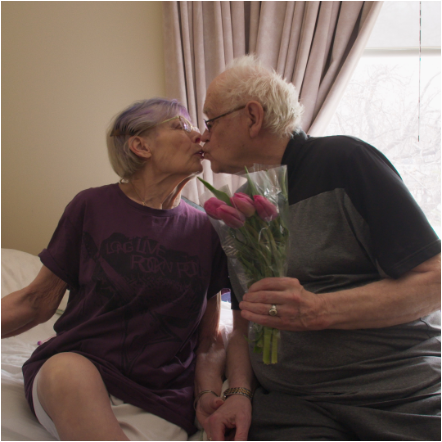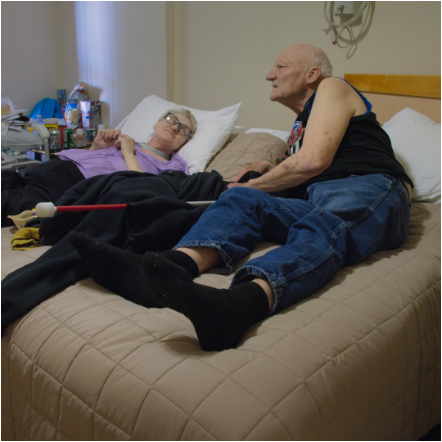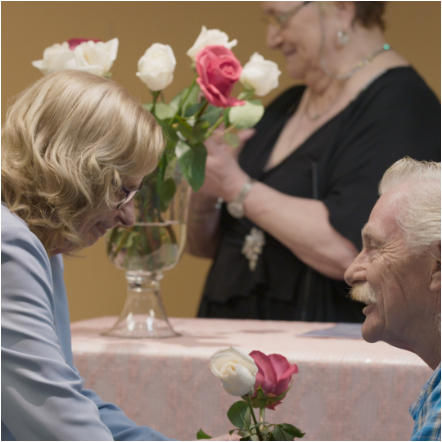SYNOPSIS
On the outside, it looks like any ordinary seniors’ facility. But on the inside, a series of remarkable love stories is unfolding. With startlingly intimate access, director Dominique Keller follows three different couples as they navigate the delights and challenges of late-in-life romance.
Following the daily routines in the facility, Keller peers into the kingdom of old age and brings each couple’s journey into tender focus. Ruby wants more of a commitment from Victor, who has his own ideas about their relationship. Jim and Dianne are seeking greater independence and a place together, while George and his wife Doreen face end-of-life decisions. Despite health concerns, mobility issues, and interference from concerned families, the need for intimate connection and closeness remains steadfast.
As the seasons pass outside the walls of the facility, the film’s immersion in the quotidian details of life and love offers audiences the opportunity to know these people. Quietly observational, Love: The Last Chapter builds fully embodied portraits of each individual in all of their indelible humanity.
Love: The Last Chapter is a Keller Media, National Film Board co-production, produced in association with Super Channel.

director Q&A

Dominique Keller
Writer, Director, Producer and Executive Producer (Keller Media)
Photo: Louie Villaneueva
Living with my subjects changed everything about how I both viewed them and how I allowed them to tell their story. Before I lived in the facility, I was comfortable in my own independence.
I had the freedom to come and go as I pleased. The food they ate looked pretty good, and I was impressed by the array of programs available. Moving into the lodge, I had to agree to sign out whenever I left the building and to sign out for any meals I was missing. I was handed the menu for the month. I ate three meals a day there and all of my nutritional choices were no longer my own.
I would eat what was served. It seems like a small thing, but it’s hard to lose small pieces of your freedom and independence. I remember unpacking my bags and lying down in my single bed. Light came in through the crack under the door from the hallway. I could hear people moving around outside. I laid awake in bed all night, wondering if anyone would even check on me, if I would actually make any friends, and if I had made the biggest mistake of my life.
I really wanted to understand the core struggle. But being embedded in the facility, even for a month, really affected my sense of identity. That first evening I actually had a little meltdown!
It took a few weeks to acclimatize. I followed all the rules of the facility, signing in and out, and I ate all my meals there and took activity classes. I slept there every night. I spent a lot of time in the residents-only area, because I really wanted to be part of the community.
Living with my subjects allowed me to experience as close as possible, firsthand, what it means to enter the last chapter of life and to leave so much behind: career, material belongings, sometimes friends and family. I saw how many little freedoms and choices were taken away. Because of this realization I vowed to allow my subjects to have much more power and autonomy in the storytelling process. I chose to film in an observational style because this style takes the filmmaker as much as possible out of the storytelling process and allows the subjects more power to tell their own story.
I’ve slowly been moving towards more observational filmmaking, as I think it allows the subjects to really tell their own stories. When you take out narration and music, even if it becomes more challenging, there is a truth there. It’s important to ask difficult questions and to allow for greater audience immersion and impact, because that authenticity comes through.
In making this film, I felt a degree of responsibility, as this is a group of people, the elderly population, who really face discrimination. It is difficult to face mortality. We’re here for a very short time on the planet and it’s difficult even to spend a few moments contemplating old age.
As you age, you lose your freedom. You leave behind your house, your car, your career, the pieces that make up your identity; these things slowly leave, but the last thing is really the need for human connection. That never really goes away. We need to love and to be loved. This is never more true or more necessary than in the last chapter of life.

Karen Pickles
Producer (Keller Media)

Coty Savard
Associate Producer
Photo: Conor McNally

David Christensen
Producer/Executive Producer (NFB)
Photo: NFB




